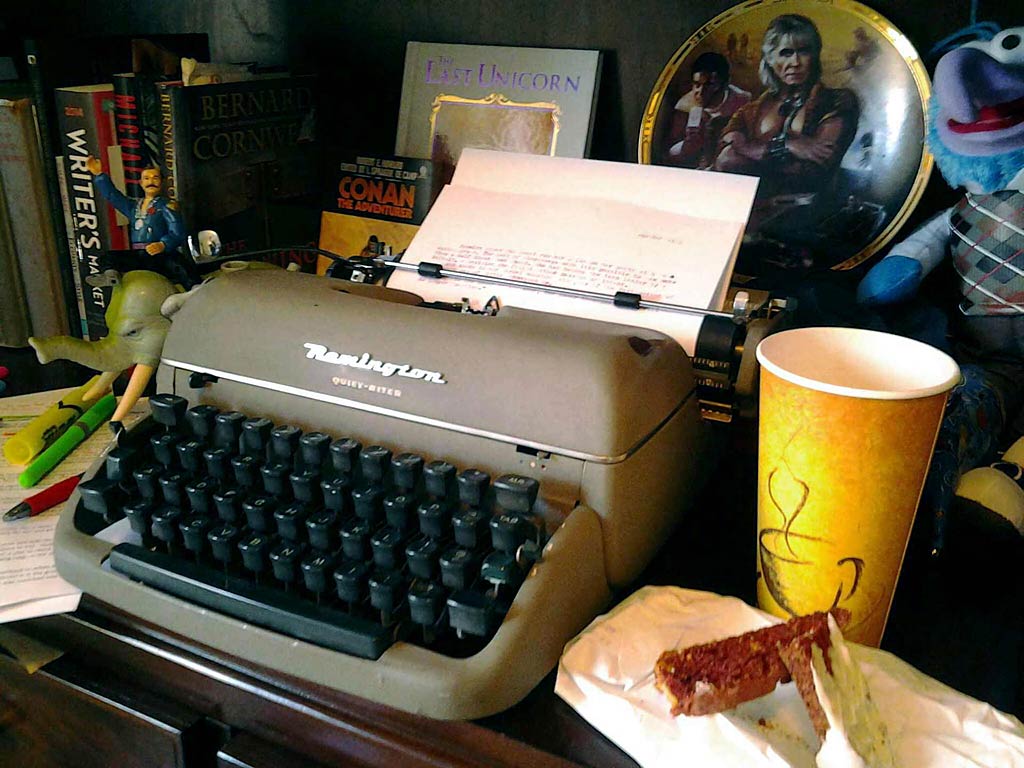A critical concept in writing (comic or otherwise) is understanding the difference between “Threat of Violence” and “Violence” itself.
The former creates tension, a cornerstone of good storytelling (and a critical element in pacing)–whereas the latter diffuses tension.
I talk about this concept a bit in the Tension & Jeopardy section of the book.
In a nutshell, anytime you have a Threat of Violence, the reader is in a state of anticipation. If you’ve done your job well, you’ve evoked a lot of emotion, filling the reader with fear, dread or whatever the scene calls for.
This anticipation lets the reader’s imagination do the work.
This is POWERFUL mojo.
Once the violence of the threat arrives and engages the character, the anticipation evaporates. The reader is looking to the outcome of the violence to fill the void of the anticipation, and once the violence is resolved the tension is completely gone.
*** Here’s an example.
Dallas is crawling around in the air ducts while the Alien is running around somewhere nearby. Holy crap, you’re about to fall off your seat anticipating the brutal confrontation… or maybe the alien jumps out and there’s a crazy chase… or maybe Dallas gets so scared he slips and falls down one of the shafts and breaks his neck.
A few moments later the alien jumps out and nails Dallas. Whoa that was intense. We watched the Alien grab him and we know he’s dog meat. The violence appeared, our hearts jumped, and the tension from that threat is gone.
We don’t get any new tension until a new Threat of Violence arises.
Of course violence could be interpreted as any seriously negative consequence for the character. It doesn’t always have to be bodily harm–but that’s always a strong one.
This is a real simple concept, but it’s easily taken for granted and overlooked.
This is why a 22 page issue of ALL (or too much) action rarely carries a lot of weight. Even if you reveal plot and good character development through the dialogue/narration, there’s not enough time spent establishing tension.
Remember this concept and your writing will focus on the build up as much as the pay off, creating a much more engaging story.▪
About the Author —
Nick Macari is a full-time freelance story consultant, developmental editor and writer, working primarily in the independent gaming and comic markets. His first published comic appeared on shelves via Diamond in the late 90’s. Today you can find his comic work on comixology, amazon and in select stores around the U.S. Visit NickMacari.com for social media contacts and news on his latest releases.
For more tips, bookmark the writing craft page. For all the tips buy the book.
Show your support by sharing the writing craft page on your social media.
© 2016 Nick Macari. No reproduction without written permission.
